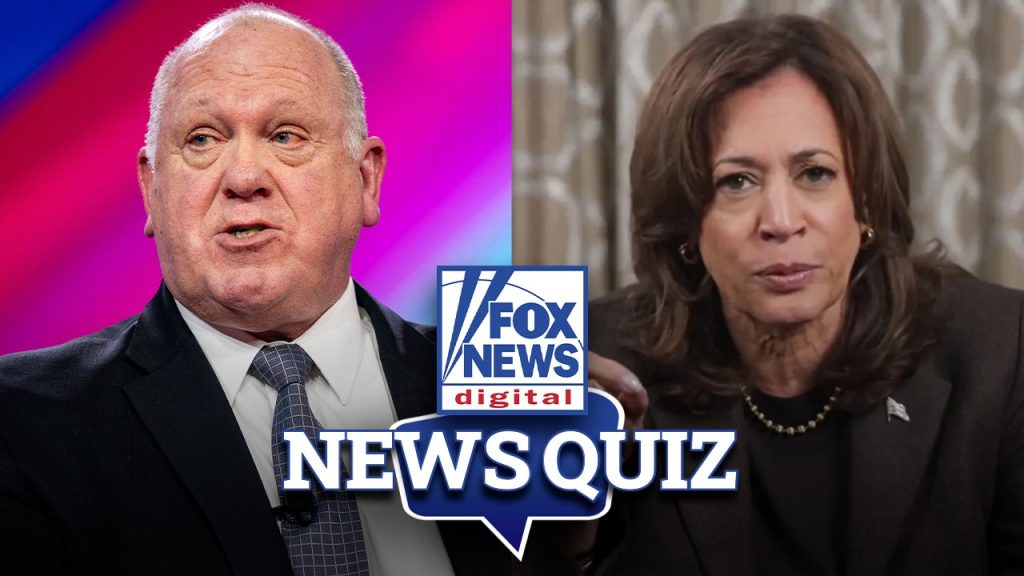In recent news, Tom Homan responded to statements made by the mayor of New York City, Eric Adams, regarding his willingness to go to jail to prevent immigration enforcement actions. Homan, who previously served as acting director of Immigration and Customs Enforcement (ICE), asserted that local leaders should focus on addressing crime and safety rather than obstructing federal immigration laws. This exchange highlights a continuing tension between local officials seeking to protect their communities and federal authorities enforcing immigration policies, illustrating the contentious debate over illegal immigration in major U.S. cities.
Meanwhile, MSNBC has found itself in a controversial situation following the acceptance of a significant $500,000 contribution from Harris campaign supporters. This has raised questions about the network’s impartiality and role in political reporting. Prominent MSNBC hosts like Rachel Maddow and Joe Scarborough have faced scrutiny regarding their comfort with this financial connection to a political campaign. As debates surrounding media influence and bias intensify, this incident serves as a reminder of the complex relationship between media outlets and political entities.
On the podcasting front, Kamala Harris faced a setback when her team attempted to secure an appearance on the popular show “Smartless.” However, according to campaign adviser Stephanie Cutter, the invitation was ultimately declined by the podcast hosts. This illustrates the challenges political figures face when trying to engage with influential platforms that shape public opinion and highlight the ongoing strategic considerations campaigns must navigate in order to connect with voters effectively.
Additionally, there has been a curious development involving unidentified flying objects spotted over U.S.-UK military bases for nearly a week. These objects have sparked intrigue and speculation about their nature, with many observers speculating whether they might be small drones or some other type of aerial phenomenon. This ongoing situation has not only captured public interest but has also prompted discussions regarding national security concerns and how military authorities respond to such unusual sightings.
In the realm of international diplomacy, a U.S.-brokered cease-fire agreement between Israel and Hezbollah has been tentatively established. Initially set to last for 60 days, this agreement aims to reduce hostilities and create a framework for further negotiations. The situation in the Middle East remains complex and fragile, and the success of such cease-fire arrangements is often subject to ongoing geopolitical dynamics that include varying interests from regional and global powers.
Lastly, the retail sector is navigating various changes as companies reassess their diversity, equity, and inclusion (DEI) policies in the wake of evolving social expectations. This week, Walmart announced modifications to its DEI strategy, indicating a broader trend among major retailers to respond to demands for greater social accountability. This shift reflects the growing recognition that businesses play a critical role in shaping societal values and norms, ultimately influencing consumer perceptions and brand loyalty in an increasingly competitive market.










